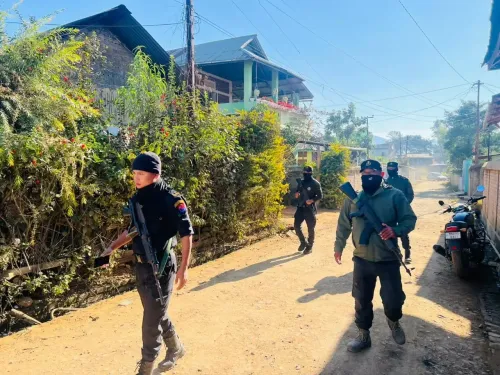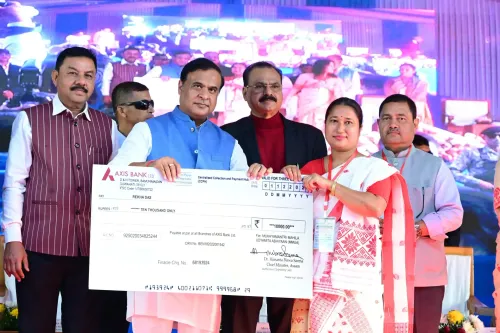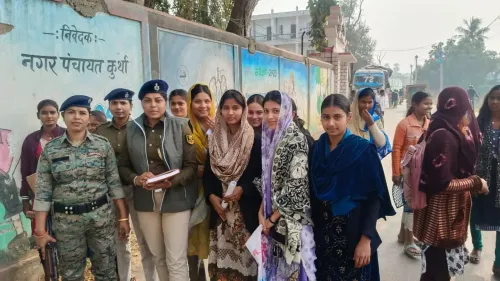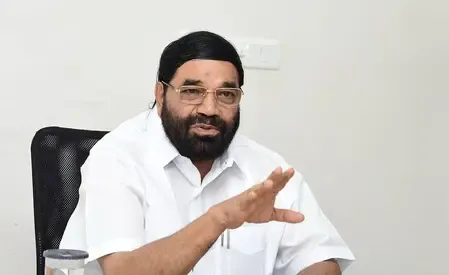Is the Centre Moving to Impeach Justice Varma in the Next Parliament Session?
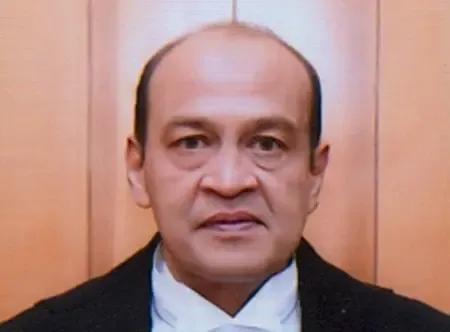
Synopsis
Key Takeaways
- The Central government is moving to impeach Justice Varma.
- Serious allegations of financial misconduct are at the center of this case.
- Consultations among political parties are crucial for the process.
- The discovery of cash at his residence raises significant concerns.
- This event could redefine judicial accountability in India.
New Delhi, June 3 (NationPress) In a major turn of events, the Central government is gearing up to launch impeachment proceedings against High Court judge Justice Yashwant Varma, amidst serious accusations of financial misconduct. According to well-placed sources, a motion for his removal is set to be presented in the forthcoming session of Parliament.
Minister of Parliamentary Affairs Kiren Rijiju is anticipated to spearhead discussions with all political factions prior to introducing the motion. Senior officials have indicated that achieving a cross-party consensus will be vital, considering the constitutional requirements for the removal (impeachment) of a judge.
Justice Varma, previously a judge of the Delhi High Court, is embroiled in controversy following the alleged discovery of a significant amount of unaccounted cash at his residence after a fire incident at his official residence located at 30 Tughlak Crescent in New Delhi. The then Chief Justice of India, Sanjiv Khanna, had mandated Justice Varma’s immediate reassignment to the Allahabad High Court, his original court. Justice Varma was out of town when the fire erupted at his official bungalow. His family members summoned firefighters and police to manage the situation. After extinguishing the fire, officials reportedly uncovered a substantial cache of cash in one of the rooms.
A three-member investigative committee, established under the in-house judicial accountability protocol by then CJI Justice Khanna, deemed the allegations serious enough to warrant removal proceedings against Justice Varma.
In accordance with established procedures, then CJI Khanna formally submitted the committee’s findings to the President and the Prime Minister, indicating that the judge had declined to resign voluntarily. This step is only taken when the inquiry reveals credible evidence justifying impeachment.
The impeachment of a sitting judge is one of the rarest and most sensitive procedures within India’s constitutional framework. Historically, only a few judges have encountered removal proceedings, with most resigning before the motion could advance to completion.
The severity of the allegations against Justice Varma and the formal conclusions of the judicial inquiry have set the stage for a pivotal moment in India’s judicial accountability landscape.


